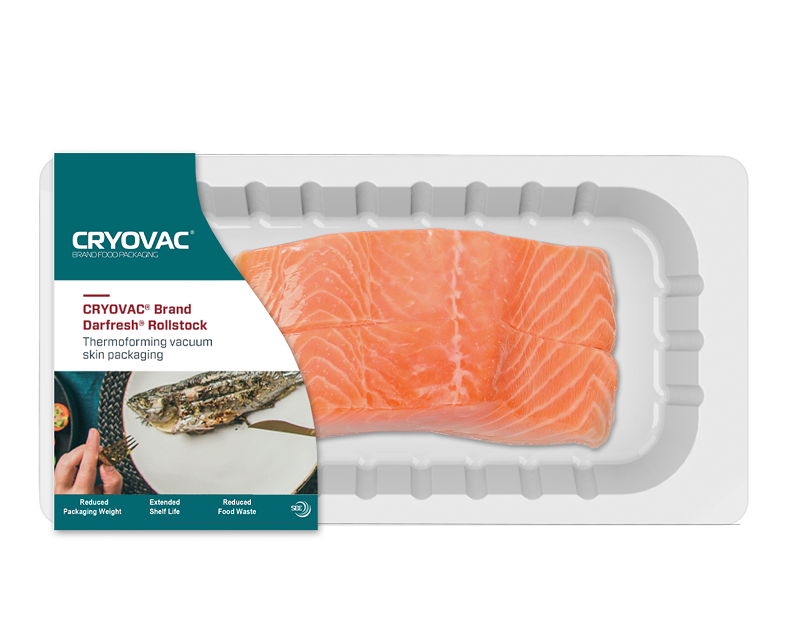A decade-long analysis of Norway’s salmon farming sector has found that increasing the levels of omega-3 fatty acids EPA and DHA in feed leads to clear commercial benefits across the aquaculture supply chain.
Drawing on data from 166 farms and over 430 million fish, the study found that salmon fed high levels of EPA and DHA experienced 8% lower mortality rates and a 13% gain in feed conversion efficiency. The improvements were consistent across nine production zones, with better flesh quality and up to 50% more predictable outcomes also reported.
The analysis, conducted by Veramaris in partnership with aquaculture data firm Manolin, used a data set twice the size of previous studies. It provides strong evidence that optimising fish nutrition can significantly enhance farm performance, product quality, and overall predictability—key factors for feed manufacturers, producers, processors, and retailers.
The research is expected to influence purchasing specifications and feed formulation strategies, with implications for operational efficiency and sustainability across the salmon farming industry.


